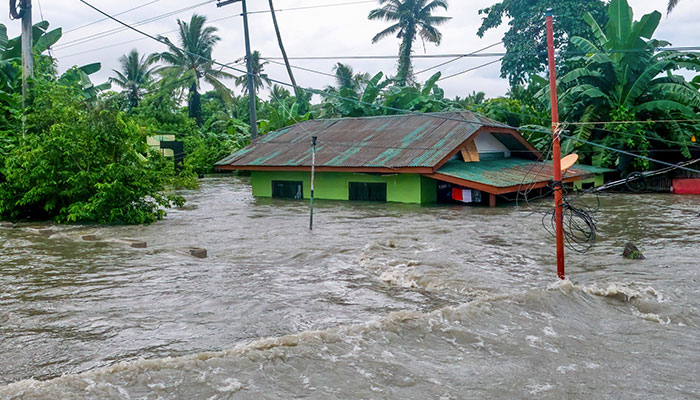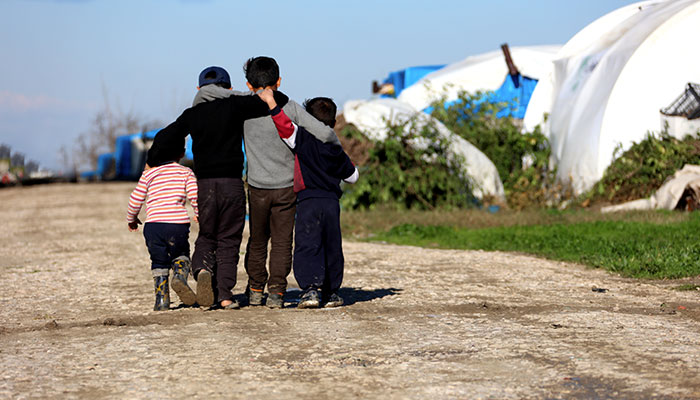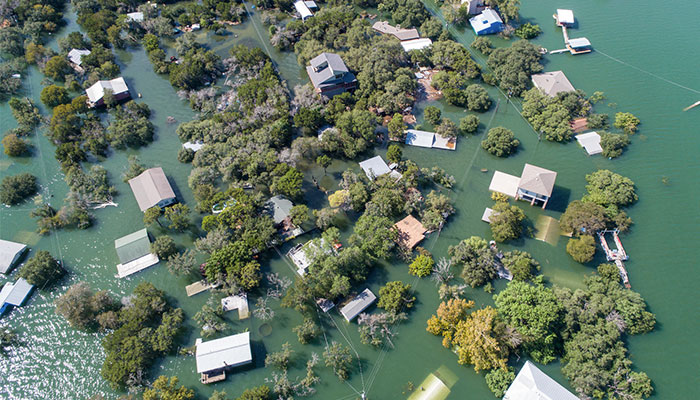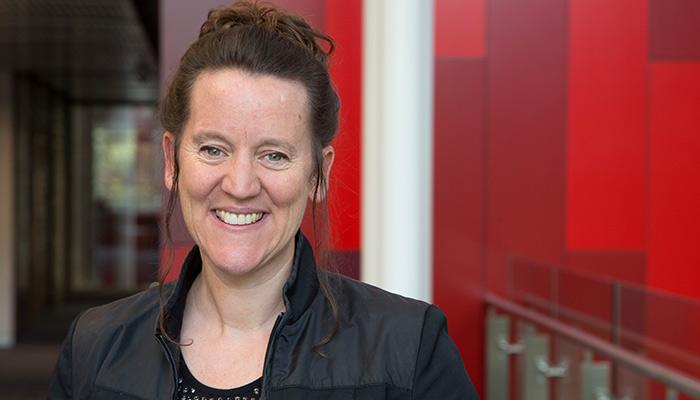Climate change will cause up to 40 million climate migrations across southern Asia by 2050 without immediate action to halt further global warming, says Macquarie Business School Visiting Associate Professor Rawshan Ara Begum.

Professor Begum was the coordinating lead author of the UN’s Intergovernmental Panel on Climate Change’s Sixth Assessment Report Working Group which has just published its findings today, March 1.
“Increased climate variability and extreme events are already driving migration flows across Asia and current climate change projections will see these figures increase dramatically,” said Professor Begum, from the Centre for Corporate Sustainability and Environmental Finance.
The UN-sponsored report reveals Bangladesh, China, India and the Philippines each recorded more than four million “disaster displacements” in 2019 – meaning people forced to flee their home nation due to natural disaster.
Meanwhile, cyclones, floods and typhoons triggered the internal displacement of a further 9.6 million people across south east and eastern Asia in the same year.
“More than three billion people across different regions in America and Africa, south Asia and the Pacific Island region are highly vulnerable to climate change” said Professor Begum.
Impacts on livelihoods as well as reduced food security have affected, and will continue to affect, the lives of billions of people.
“The risks are becoming increasingly grave because of the compounding and cascading impacts of climate change that we are facing together. It is essential we take urgent, accelerated actions to adapt to climate change, while making rapid, deep cuts in greenhouse gas emissions,” she added.
Macquarie Business School Professor Martina Linnenluecke was a key contributor to the report, including to sections on creating climate resilient development pathways.
Food security threat
Professor Linnenluecke, of the Centre for Corporate Sustainability and Environmental Finance, said: “The message of the latest IPCC Report is clear - the current level global warming of 1.1°C has already led to dangerous and widespread impacts and disruptions.
“Climate change-induced impacts include ecosystem losses, impacts on livelihoods as well as reduced food security have affected, and will continue to affect, the lives of billions of people.
“Adverse impacts are expected to worsen as climate change progresses and are expected to lead to the loss and degradation of much of the world’s forests, coral reefs, and low-lying coastal wetlands.”

The report suggests climate impacts and risks are becoming increasingly complex and more difficult to manage. These risks will be highest for ecosystems and people in regions with already high temperatures as well as regions covered by snow and ice. People living along coastlines and waterways will be particularly vulnerable to the impacts of future climate change.
Professor Linnenluecke said: “Mitigation responses are crucial to tackle climate change. These include immediate reductions in the burning of fossil fuels. The recent UN Climate Change Conference in Glasgow has reached global agreement to keep warming to below 1.5°C.
“However, the IPCC is clear that we will face unavoidable climate hazards over the next two decades with global warming of 1.5°C, and adaptation is needed to effectively respond to these impacts.”
Disaster proof infrastructure
The IPCC report outlines options to enable every region and every sector to adapt to climate change.

Adaptation options in cities and urban areas include strengthening the resilience of the natural, social and physical infrastructure.
Adaptation options for the energy sector include disaster-proofing energy plants and other critical infrastructure to ensure market resilience. The report also recommends the use of diverse energy sources.
Strengthening health systems would reduce the impacts of infectious diseases, heat stress and other climate-related risks, the report says - especially when combined with other measures.
Conservation measures as well as protecting and restoring ecosystems and natural forests can also build climate resilience and reduce biodiversity loss.
The inclusion of Indigenous Peoples and local communities in adaptation efforts is a key element with the report stating that scientific, Indigenous and local knowledge – as well as practical knowhow - can come together to provide more relevant effective actions.
Associate Professor Rawshan Ara Begum (pictured below) is a Visiting Professor with the Centre for Sustainability and Environmental Finance at Macquarie Business School. She is a Coordinating Lead Author of the Intergovernmental Panel on Climate Change (IPCC) Sixth Assessment Report (AR6 WGII).

Professor Martina Linnenluecke (pictured below) leads the Centre for Sustainability and Environmental Finance at Macquarie Business School and was a Contributing Author to the Intergovernmental Panel on Climate Change (IPCC) Sixth Assessment Report (AR6 WGII).




